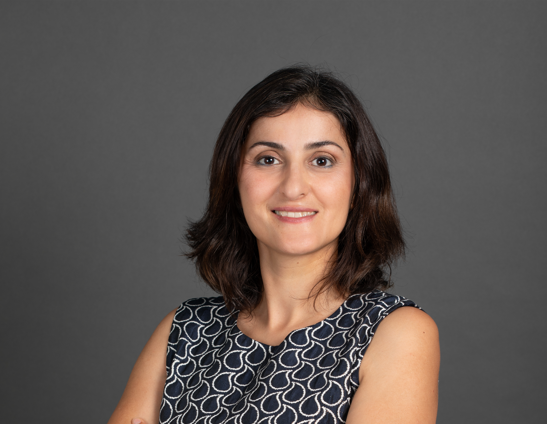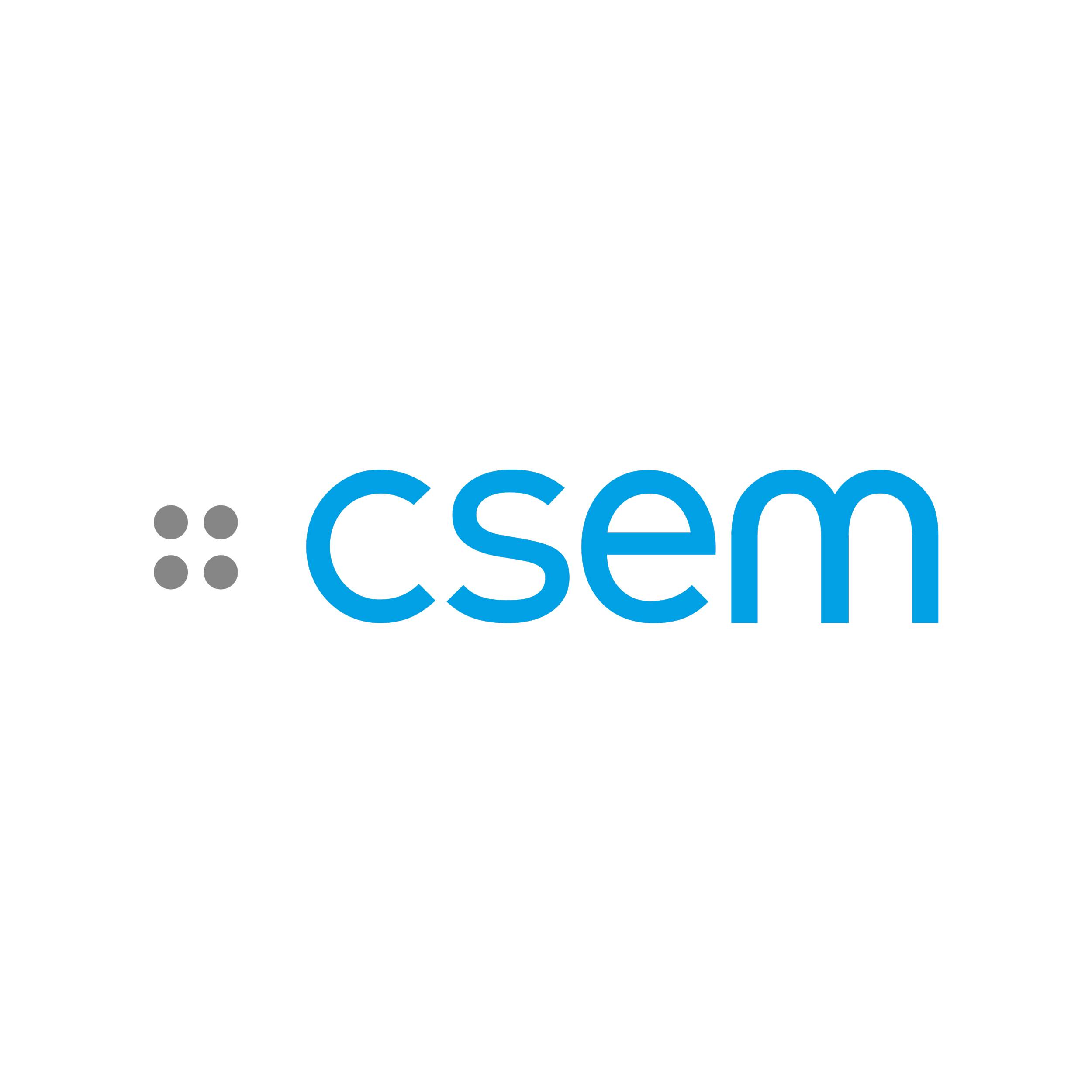WoW Woman in FemTech I Naeimeh Behbood, Post Doc for Industry at MedTech Department of CSEM
Naeimeh Behbood works in the health tech sector with a focus on maternal-fetal health and wearable medical devices. She is developing a fetal monitoring solution aimed at improving comfort for expectant mothers and building confidence in prenatal care. Her background combines research, biomedical innovation, and collaboration with clinicians to ensure new technologies respond to real needs in healthcare. Based in Switzerland, Naeimeh has contributed to projects that move from early concepts toward clinical validation. She is particularly interested in advancing women’s health, supporting digital transformation in medicine.
CSEM (Centre Suisse d’Électronique et de Microtechnique) is a leading Swiss research and innovation center specializing in microtechnology, digitalization, and advanced systems. Bridging the gap between academic research and industry, CSEM develops pioneering solutions in precision health, wearable technologies, energy, and space. With a strong focus on miniaturization, low-power electronics, and intelligent data systems, CSEM enables companies to accelerate innovation and bring breakthrough technologies to market. Its multidisciplinary teams collaborate globally with startups, SMEs, and large corporations, supporting the development of next-generation products—such as wearable medical devices—that deliver comfort, reliability, and confidence in healthcare and beyond.
Tell us a bit about your background and your projects so far.
I come from a background in physics. For years, I’ve been fascinated by how we can reimagine medical devices to bring them closer to patients’ daily lives. My focus has been on creating solutions that are not just clinically sound but also empathetic to the user’s experience. This journey has led me to the field of maternal-fetal health, where I am now developing a wearable fetal monitoring solution—an FDA Class II medical device that empowers expectant mothers and their healthcare providers with continuous, reliable insights.
How did you get into this industry? Has it been an easy industry to get into or have you had many challenges?
My entry into this industry was driven by a personal observation: prenatal care often feels fragmented, reactive, and sometimes stressful for both mothers and clinicians. Traditional monitoring requires clinic visits, bulky devices, and intermittent measurements. I would like to be one of the active participants in bridging that gap by bringing comfort, accessibility, and real-time data into maternal care.
The path hasn’t been easy—healthcare is one of the toughest industries to innovate in. Regulations, clinical validation, and long product development cycles test both patience and perseverance. But those same challenges also ensure that when a product reaches the market, it truly makes an impact.
How long did it take you to be where you are now? What was the biggest obstacle? What are the challenges of being in the industry you are in?
It has taken several years of research, prototyping, and clinical validation to get to this stage. The biggest obstacle has been balancing innovation speed with regulatory compliance. In medtech, you can’t cut corners—devices need to meet stringent safety and efficacy standards. Another challenge is earning the trust of both clinicians and patients. This isn’t just a gadget; it’s a medical-grade tool for safeguarding life.
What are your biggest achievements to date?
We are still deep in the development of our product, but I should say, I am proud of the team of experts that are involved in the project and that is the biggest asset and achievement to date.
What are the projects you are currently working on?
Right now, we are developing our demonstrator and preparing for the clinical validation. Alongside this, we’re developing the companion digital platform that integrates AI-driven insights, so mothers and healthcare providers can access personalized, actionable information.
Is the #WomenInTech movement important to you and if yes, why?
Absolutely. Maternal health is, by its very nature, a women-centered domain. Yet, historically, women’s voices have often been underrepresented in the development of health technologies. The #WomenInTech movement is crucial because it not only brings more women into leadership and innovation roles but also ensures that technologies are built with empathy, inclusivity, and relevance to real needs. Representation drives better solutions.
What will be the key trends in your industry in the next five years and where do you see them heading?
In the next five years, I believe maternal-fetal health will be transformed by three major trends:
Wearable medical devices becoming mainstream, especially as sensors become more accurate and comfortable.
Remote patient monitoring—bridging hospital and home care to reduce risks and costs while increasing patient confidence.
AI-driven predictive analytics—using data not only to monitor but to anticipate complications before they arise.
At the heart of all this will be a shift toward patient-centered, continuous care—where mothers feel supported every step of their journey. Our mission is to lead that shift with our motto: “Comfort in fetal maternal monitoring, confidence in prenatal care.”
What is the most important piece of advice you could give to anyone who wants to start a career in this industry?
The most important advice I can give is: be ready for the long game. Medtech is not a space for quick wins—it’s a field that demands resilience, patience, and integrity. You need to embrace the complexity of regulatory pathways, clinical validation, and ethical responsibility, while never losing sight of the human lives you’re working to impact. Build strong collaborations with clinicians early, listen to users constantly, onboard the new technology and learn from experts in the field and stay grounded in the mission rather than the hype.
Who are three inspirational women in your respective industry you admire?
Sabina Badir – CEO and founder of Pregnolia. I admire her for pushing innovation in women’s health and her ability to drive ideas all the way from concept through to market entry—a rare combination of vision and execution.
Lola Gomez Roig – Director of Institute Dra. Gomez. Her dedication to women’s health and her ability to seamlessly onboard new technologies into gynecology practices inspire me to ensure innovation is truly implemented in everyday care, not just developed in labs.
Diana Bianchi – Director of the Eunice Kennedy Shriver National Institute of Child Health and Human Development. Her pioneering work in prenatal genomics and her leadership in maternal-fetal medicine have set the foundation for more personalized, predictive care.
If you want to share your story with us and be featured on our WoW Women blog, get in touch.


